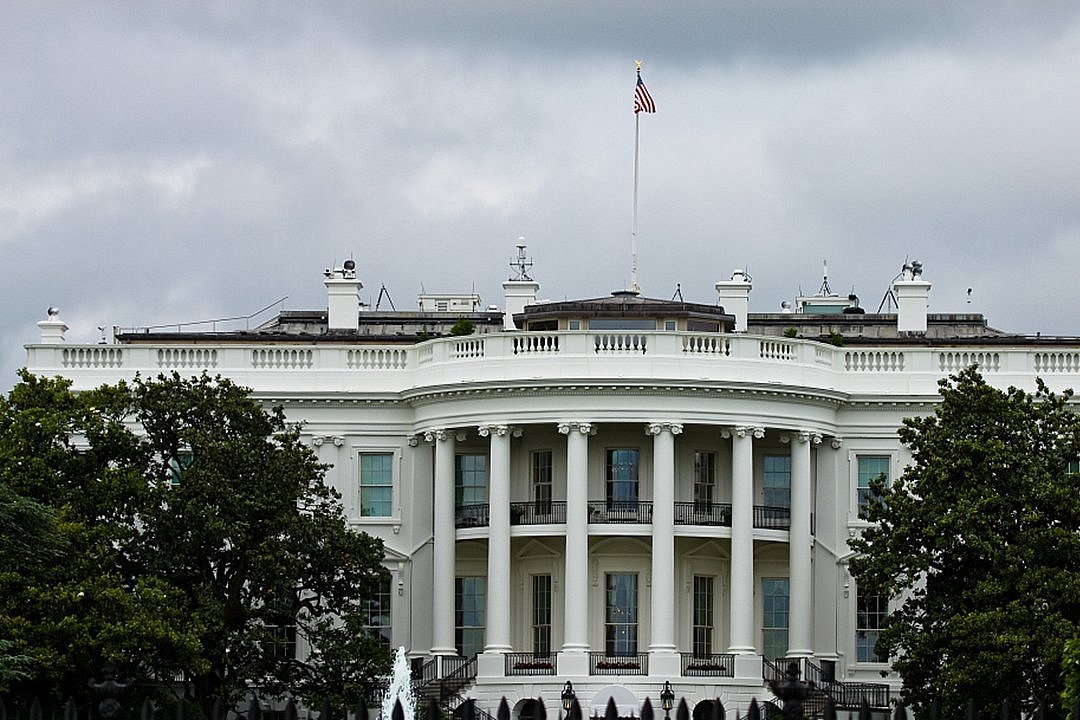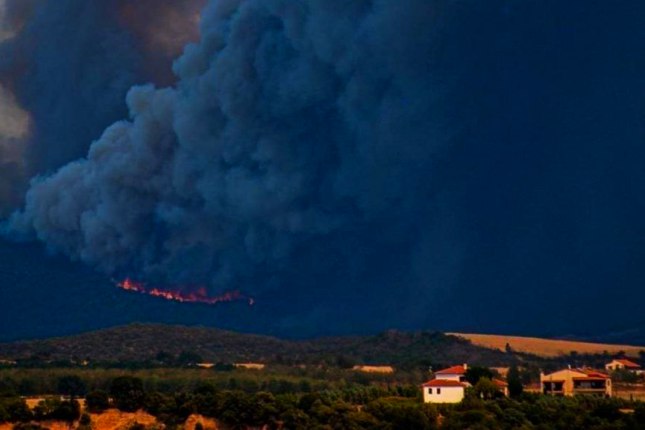Chinese analysts said after the US is reportedly drafting an executive order to enable the stockpiling of metals found on the Pacific Ocean seabed.
This plan is seen as "an effort to counter China's dominance of battery minerals and rare earth supply chains," the Financial Times reported on Saturday, citing people familiar with the matter.
According to the report, the US is seeking to become self-sufficient in these critical minerals. The US has pushed Ukraine to accept a minerals deal, threatened to seize Greenland and annex Canada, and announced measures to increase domestic production.
Potato-sized nodules that are formed on the sea floor at high pressure over millions of years contain nickel, cobalt, copper and manganese used in batteries, electrical wiring or munitions, as well as traces of rare earth minerals, according to the report.
Lü Xiang, an expert on the US, told the Global Times on Sunday that such US move to stockpile deep-sea metals from the Pacific may be an attempt to control areas with potentially exploitable seabed resources. However, current deep-sea mining technology remains immature, Lü said.
"Washington's approach to critical minerals appears panicked," Lü said. China's advantage lies in its integrated industrial chain and advanced refining technology, he said, emphasizing that global cooperation, not unilateral stockpiling, is the way forward in critical mineral development. "The US move would not only disrupt global supply chains but also face unrealistic economic and logistical challenges," Lü said.
This plan has sparked international concern and debate. The Financial Times reported that opponents argue that mining could harm the poorly understood life forms that live thousands of meters below the surface, including corals and white octopuses. They question whether the industry could ever recreate China's extensive supply chain of critical minerals or compete with the low price of Indonesian nickel.
At a recent International Seabed Authority (ISA) meeting in March at its headquarters in Kingston, Jamaica, delegates and observers condemned the reckless deep-sea mining approach, warning it could lead to poorly regulated mining and harm ocean health.
Commenting on Washington's attempt to bypass international rules, Tian Yun, an economist based in Beijing, told the Global Times on Sunday that the world sees the US acting solely in self-interest, discarding even the rules it once established. This undermines global economic, trade and political order and will invite chaos that will erode international cooperation and shared benefits, Tian warned.
Media reports US plan to stockpile deep-sea metals; move shows panic, says expert
































